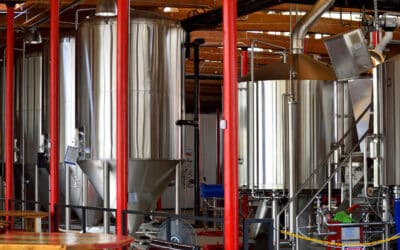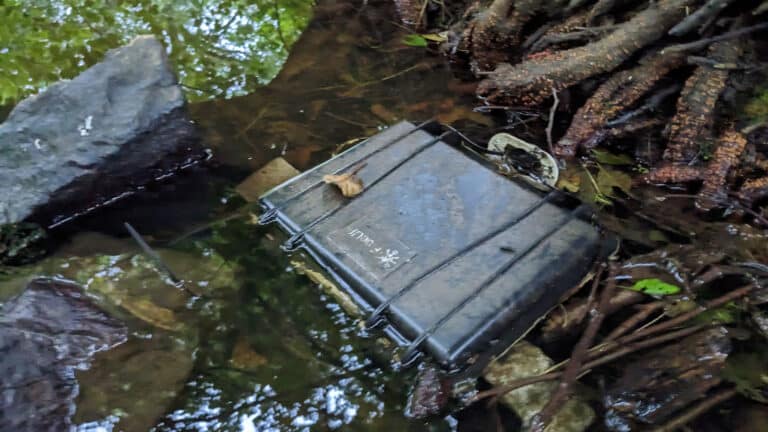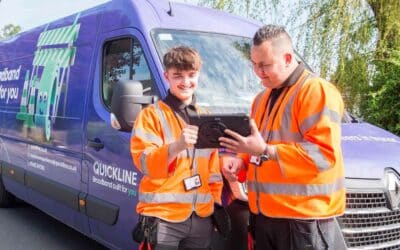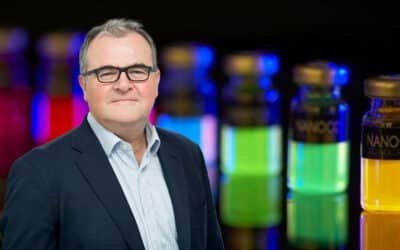It’s not every day you receive a press release with a poo emoji in the subject line at the office of a respectable family publication, but that’s the pleasure we had today at PN Towers, courtesy of Manchester tech startup FreeUP.
“Manchester tech business saves us all from drinking 💩,” the refreshingly honest email informed us.
While I haven’t literally found an actual floater coming out of my tap just yet, neither have I been blind to the increasingly regular reports of filth in our rivers, seas and water supplies that seem to be constantly on the 6 O’Clock News.
FreeUP said that it has made new advancements that make large-scale water quality monitoring more accessible to utilities than ever before, and reduced current costs by around 70% while it was doing it.
The company’s bespoke software and hardware solutions have been independently tested by the Water Research Centre (WRc), an independent centre of excellence for the water industry, and include all the measurement requirements ahead of the implementation of Ofwat’s PR24 price review next year – this will set the price, service and incentive package for suppliers for 2025-2030, in December 2024, and will demand significant improvements as part of a major upgrade of water and sewage systems.
Since 2015 the Environment Agency has concluded 56 prosecutions against water and sewage companies, securing fines of over £141m. With public interest in the state of our water growing following those stomach-turning incidents on the news, providers are increasingly coming under the spotlight.
FreeUp said there are significant problems with current methods of measuring water quality at scale – not least high cost, labour intensive deployment and unreliable measurements, all of which could make the new demands set out within PR24 unrealistic. unaffordable, or both.
The high-tech platform (pictured in situ above) claims to meet these challenges in several ways:
- Using the latest technology, developed through years of iterative testing, to reduce the cost of deployment, such as requiring no concrete to be poured, greatly reducing the maintenance required.
- Focus on ease of deployment (anyone can place the sensors in the water and no tools or infrastructure is required)
- Creating a solution that’s designed to scale in line with PR24 requirements
- Providing insights and actionable outcomes, not just data, so everyone can understand the current picture of water quality while saving time on dissemination of information.
Dr Tom McNamara, founder of FreeUP, said: “To get better at measuring water quality in the UK, organisations need to be able to purchase, deploy and understand the water quality across multiple locations quickly, easily and efficiently, even when they have little knowledge of the specifics of their problem.
“We’re delighted that the WRc worked with us to test our newest technology and validated the accuracy of measurements which means we can now look to roll this solution out to utility companies across the UK as a better, and more efficient way of measuring water quality.”











